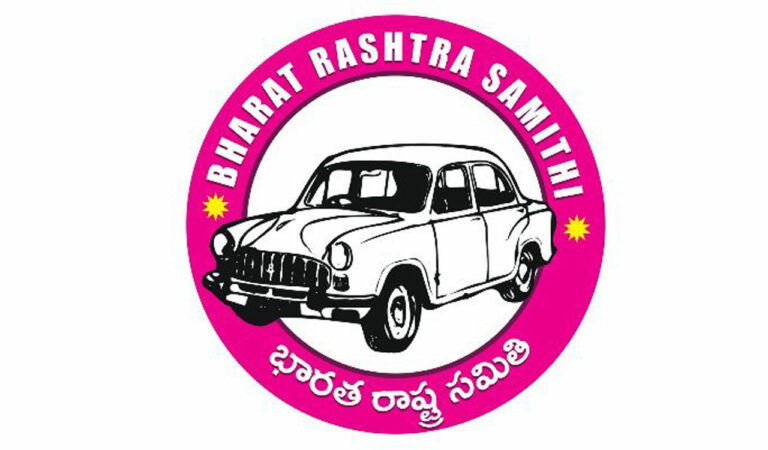
As for the seat shares, the Janta Ka Mood survey has found that the BRS could win between 72 to 75 seats, while the Congress would manage 31 to 36 seats. The AIMIM would win 6 to 7, while the BJP would end up fourth with 4 to 6 seats.
Published Date - 01:30 PM, Wed - 1 November 23
Hyderabad: One more survey, this time by the reputed Janta Ka Mood Political Research and Consultancy has found that the poll mood in Telangana is still firmly with the Bharat Rashtra Samithi, with the survey report, released in New Delhi on Wednesday stating that the BRS would lead with a 41 percent vote share followed by the Congress with 34 percent. The BJP stood third with 14 percent and the AIMIM with 3 percent.
As for the seat shares, the Janta Ka Mood survey has found that the BRS could win between 72 to 75 seats, while the Congress would manage 31 to 36 seats. The AIMIM would win 6 to 7, while the BJP would end up fourth with 4 to 6 seats. The report, which pointed out that though the Congress fared closer to BRS in terms of vote share, it was still far behind the BRS in terms of seats.
There were also about 18 Assembly seats where there could be very close contests between the BRS, BJP and the Congress. The Congress and the BJP were leading in 4 each Assembly seats, while the BRS was leading in 10 Assembly seats in the 18 constituencies that could see close fights.
The report says some of the reasons why the Congress re-emerged was the victory in Karnataka. However, despite its guarantees sounding good, the report said the Congress was unable to implement such policies or guarantees in Karnataka. The stark difference between poll promises and implementation in Karnataka have made the voters doubt the ability of the Congress especially in matters like free power to farmers, with the people therefore entrusting their faith with BRS president and Chief Minister K Chandrashekhar Rao. It is also said none could match the popularity of Chandrashekhar Rao, who was the most preferred Chief Minister among leaders in Telangana. The Congress was not able to exploit any anti-incumbency due to lack of proper candidature and confusion in cadre about the candidate at the constituency level and leadership at the State level, it said.
The report also pointed out that the Congress in Telangana, like elsewhere in the country, was bogged down by internal rivalry in the local leadership at the State level and there was growing dissent amongst local leaders and the cadre. Moreover, it did not have a strong face matching that of Chandrashekhar Rao. Telangana politics, as per the survey, was dominated by Chandrashekhar Rao, who enjoyed the highest approval ratings in the State. The impact of the Congress’ six guarantees was high in 30 constituencies and low in 42 constituencies, even as the BRS Manifesto fared well across the State.
The Congress, to pick up momentum, would have to solve its internal rivalries and arrive at a consensus on State building. Voter confidence in the Congress was very low, it said, adding that winning perception did not translate to instilling confidence in voters to vote for Congress as the voters have highly benefited from popular schemes run by the BRS government.
As for the BJP, the projected vote share was 14 percent while having winning chances of 4 seats. This said a lot on the perception of BJP in the minds of the voters wherein the party also suffers from groupism and internal rivalry between groups led by Bandi Sanjay and G Kishan Reddy, the survey said.
“Multiple factors have contributed to the popularity of BRS among the voters in Telangana. The most obvious one being the leadership of CM KCR, which remains unmatched in the state. No opposition party in the state has a face that can match the stature of a leader like KCR. Moreover, the highly popular schemes attending to voters such as farmers, youth, women, BCs, govt and private employees, workers or artisans, etc. have become a role model for even the Union government led by PM Narendra Modi to replicate. The impact of beneficiaries of the popular policies, will translate to the high rates of success for the BRS,” says the survey, which had a sample size of 1.20 lakh and was conducted from September 1 to October 20.





Leave a Reply